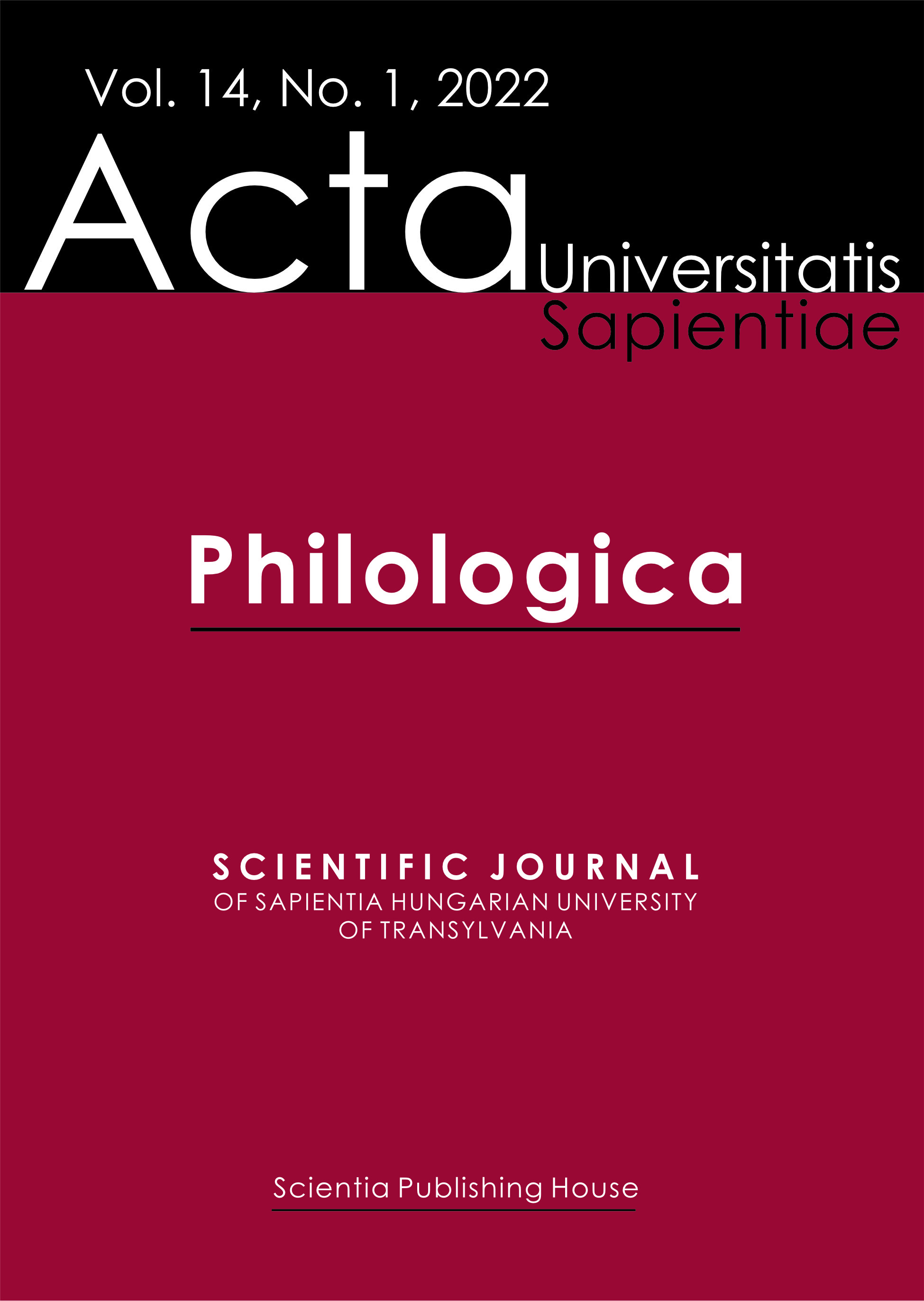Existential Concerns in Anton Chekhov’s Short Stories
Existential Concerns in Anton Chekhov’s Short Stories
Author(s): Aliz FarkasSubject(s): Russian Literature, Existentialism
Published by: Scientia Kiadó
Keywords: Chekhov; existentialist philosophy; science scepticism; death anxiety;
Summary/Abstract: Existential philosophy addressed questions that either had been overlooked by traditional philosophy for a long period of time (e.g. the individual’s experience of anxiety in the face of death, the failure of rational thinking and science to inquire essential aspects of human life) or had resurfaced again following the disappointment caused by the destructions and absurdity of the two world wars in the first half of the twentieth century (e.g. questions pertaining to the meaningfulness/meaninglessness of the human endeavour and of human life in general). Russian realist novelists Fyodor Dostoyevsky and Leo Tolstoy are often invoked among the earliest existentialist thinkers, along with philosophers Søren Kierkegaard and Friedrich Nietzsche. Drawing on the works of philosophers Kierkegaard and Nietzsche and cultural anthropologist Ernest Becker, this paper will examine how the existentialist preoccupation with death anxiety, ethics, and authenticity is represented in two short stories by Anton Chekhov, one of Dostoyevsky’s and Tolstoy’s younger contemporary writers.
Journal: Acta Universitatis Sapientiae, Philologica
- Issue Year: 14/2022
- Issue No: 1
- Page Range: 83-95
- Page Count: 13
- Language: English

